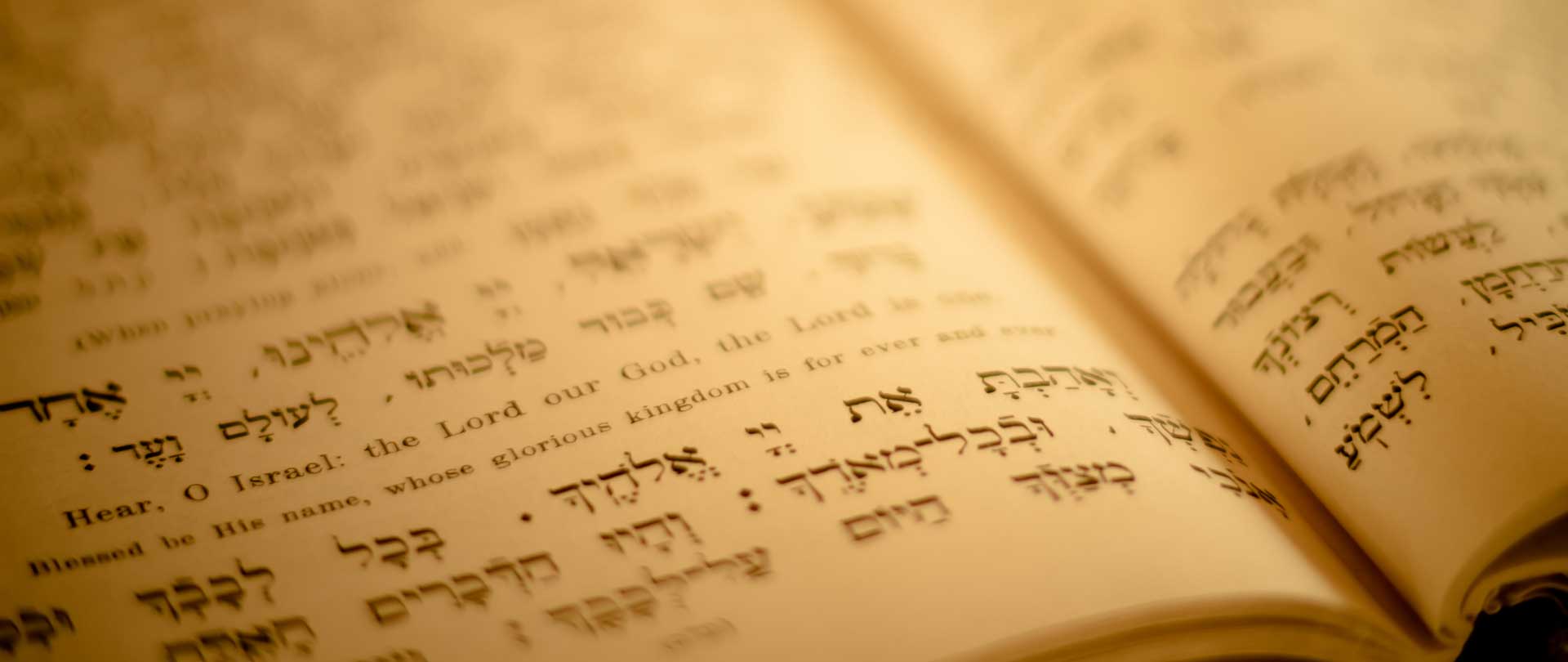Judaism
Judaism developed from the culture and religion of people called Judeans in the sixth century BCE. Jews were self-identified among non-Jews with specific marks, including circumcision, observation of the Sabbath, and following the Torah of Moses. The Temple in Jerusalem was the center of the community, until it was destroyed in CE 70. This crisis eventually led to significant changes in the religion’s direction, including the establishment of a central council, which produced influential writings.
The history of the Jewish people in the common era has been marked with persecution and the genocide of the Holocaust in Western Europe. It is also characterized by diverse reform movements and efforts by religious leaders and laypeople to keep the faith alive.
Philosophers are important figures in the history of the religion. Maimonides in the late twelfth century CE established thirteen principles that included specific beliefs about the characteristics of God, an understanding of the role of the Torah, and a belief in a future messiah. In addition, a mystical tradition based on the Kabbalah has enriched Jewish spirituality and in contemporary society has appealed to non-Jews as a source of spiritual wisdom.
Sacred writings include not only the biblical scriptures (the Tanakh) but the regulations guiding daily life (Mishnah) and the collected commentaries on the Bible (Talmud). Study of the Torah and the Talmud, including scholarly debate about their meanings, is an important value in Jewish tradition.
The core of the faith is expressed in the Shema, which proclaims the existence of only the one God, who is Lord. God is both transcendent and immanent; God is omnipotent and omniscient. The Jews are God’s special chosen people, given a mission to bear the truth of the divine to all human beings.
The roots of modern Judaism are based in the Talmud and the Bible. The branches of the religion range from the Orthodox, which views itself as the only true version, to the Reconstructionist, a fairly recent development that sees Judaism as an evolving cultural phenomenon.
Orthodox Jewish life is marked by special attention to the Law (Torah). Prayer three times a day, synagogue worship, and Sabbath observance are important elements. Marriage is considered a holy covenant, but there is allowance for divorce through a religious court.
The Jewish calendar features several festivals, many of which celebrate biblical events such as the end of the people’s slavery in Egypt. Certain days are marked for fasting as well. In contemporary society many Jews observe Yom HaShoah, a day of remembrance for the victims of the Holocaust. That dark period in Jewish history led not only to a worldwide struggle to understand the religious meaning of the event but also to a renewed interest in claiming the land known as Palestine as the holy land of Israel and a modern Jewish state.
One common value among Jews is an emphasis on social justice, on improving society for the benefit of all people. Major concerns are the continued presence of anti-Semitism around the world and a need to find a peaceful resolution to the Israeli-Palestinian hostilities.
Wright, Beth. Introduction to World Religions: Study Guide. Minneapolis, MN: Fortress Press, 2005. “Torah” (cropped) by Ricky Romero licensed under CC BY-NC 2.0.
